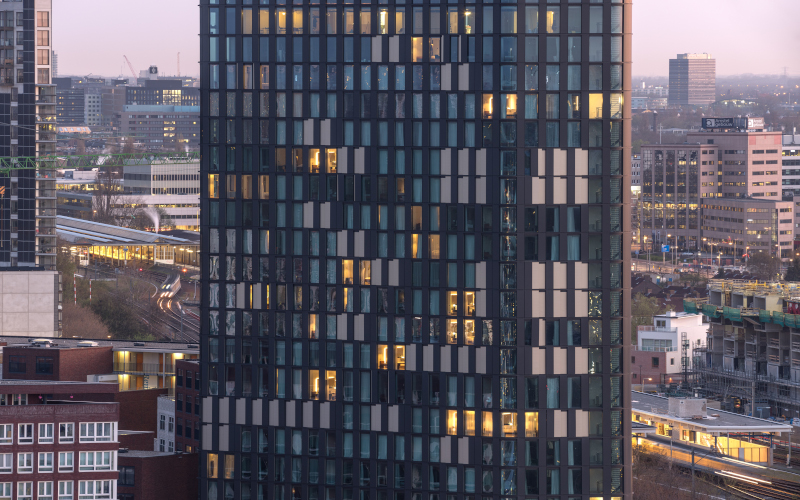An issue bigger than any other affecting us all right now is the survival of our planet. The damage done to the environment and loss of so many mammals is a direct result of all our actions. The use of plastics, insecticides, herbicides, production of CO2 via various means and deforestation is destroying our world.
It is a time when all our nations have to work together, each individual, company and government has had an impact and now we all have to make a positive change to try and reverse this destruction.
In the hospitality industry business and leisure travellers are looking to hotel and restaurant groups to take their social responsibilities seriously and to reflect their own valves to bring about a change. They want to see a circular economy, as defined by the Ellen MacArthur Foundation one that is ‘restorative and regenerative by design’, as opposed to a linear ‘take, make and dispose’ economy. Whereby materials are recycled, wastewater reduced and energy conserved.
Hilton Hotels announced in May last year that it will become the first major hotel company to institute science-based targets to reduce carbon emissions and send zero soap to landfill. According to a survey they conducted of 72,000 Hilton guests, social, environmental and ethical considerations are central to their buying preferences, especially those younger than 25 years old. 44% of them seek this information before booking.
The hotel QO Amsterdam is a prime example of putting the circular economy to full affect.
The hotel has embraced the ethos of re-purposing. This is demonstrated in it’s grey water system, where it re-uses the water from the showers and sinks to flush the toilets, so conserving water, one of the highest volume resources in any hotel. It also uses a thermal aquifer, where water heated from the hotel generated during the summer months is stored 70m underground and then pumped heated back into the hotel as required.
The exterior of the building has fully responsive thermal panels, so taking full advantage of the climate outside to either warm or cool the temperature within the hotel, at the same time conserving energy.
Guests visiting can enjoy seasonal produce in its Persijn eatery sourced either from local suppliers or it’s very own greenhouse located on the rooftop of the hotel. Botanicals are also picked hourly from here to be used in the freshest of cocktails served in the Juniper and Kin which is positioned on the 21st floor with stunning panoramic views.
So if you are looking for a venue which shares your ethos to conserve, re-purpose and help protect the environment then the QO Amsterdam is definitely for you. Together with its sustainability credentials it has a floor dedicated to event space, 8 flexible event rooms, great AV solutions and a kitchen hub celebrating Dutch produce. All the bedrooms are designed for maximum rest and relaxation with natural materials and lots of natural light, creating an energy enhancing environment.
Let’s hope more hotels take their lead and incorporate these innovations into the hotels of the future.
